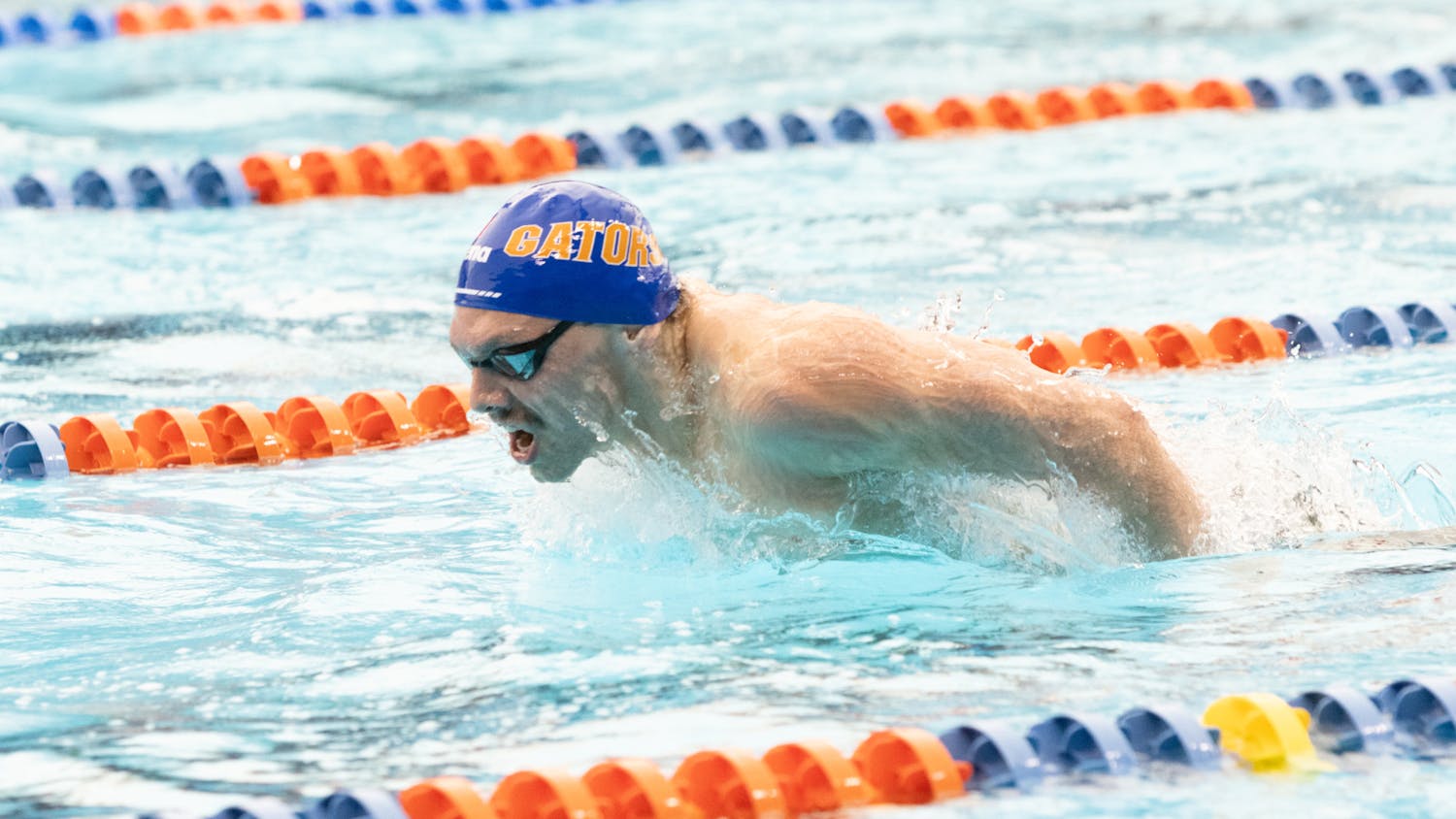Manti Te’o’s girlfriend never existed.
Lance Armstrong never won a Tour de France cleanly.
Most NFL players would hide a concussion to stay on the field, and the NFL is being sued by former players about lying about the effects of those concussions.
Coaches have hidden injuries for years.
Pete Rose said he never gambled on baseball.
That is, until 225 pages of evidence proved that he indeed did gamble on the sport.
All of this leads to a single question:
Can we trust sports? Or our favorite players?
There are so many layers of deception that need to be peeled away for the truth in sports to come out.
Major league sports command some of the biggest audiences, and college sports programs aren’t too far behind.
We all know an athlete can’t be expected to judge his or her health, though, not when the team is losing and the game is almost over.
The crowd cheers when its star can barely walk and trudges back to the field of play.
Stories like that are praised and glorified as an ideal for all athletes to follow.
And we’re OK with that.
What does that say about us, when we as society just accept the rampant dishonesty?
It says we’ll buy an 11-inch sandwich that claims to be a foot long because enough athletes are paid to endorse it.
More than that, it shows we don’t care.
We don’t care about exposing the lie.
Instead, we claim that a journalistic entity following up on a story is trying to ruin a person, and we become numb and apathetic.
But in a way, this has a roundabout effect of making the truth that much more valuable and effective.
When UF head football coach Will Muschamp called the team soft in November 2011, the shock value was divided into two main factors.
It was shocking because a coach had the gumption to say something negative about his team, but more importantly, it was shocking because it was completely true.
When Jason Taylor (of Miami Dolphins fame) told his story about “dungeons,” where players were patched up in order to get them to play with as little pain as possible, it was a must-read story.
It took the average person behind the curtain and let them experience the crazed mind set of the NFL.
Where do we go from here?
Social media lets fans (and reporters) get closer to the athlete, coach or owner.
Deadspin’s coverage of the Te’o story has pretty much restored the value in investigative sports journalism.
A shift to honesty, to disclosure, to rationality as a whole could be on the horizon.
Unfortunately, that comes with the price of seeing the true personality of a prominent individual.
It’s hard to construct a heroic narrative of someone overcoming the odds when the hero either cheated doing so, or embellished the odds in the first place.
It’s even harder to construct one when the person is a jerk.
Maybe as well as shifting to better ideals such as honesty, we’ll see sports shift to making its participants more civil.
Or we can just continue to play video games.
It’s not like the programs can lie to us — yet.
Logan Ladnyk is a journalism junior at UF. His column runs on Fridays. You can contact him via opinions@alligator.org.





